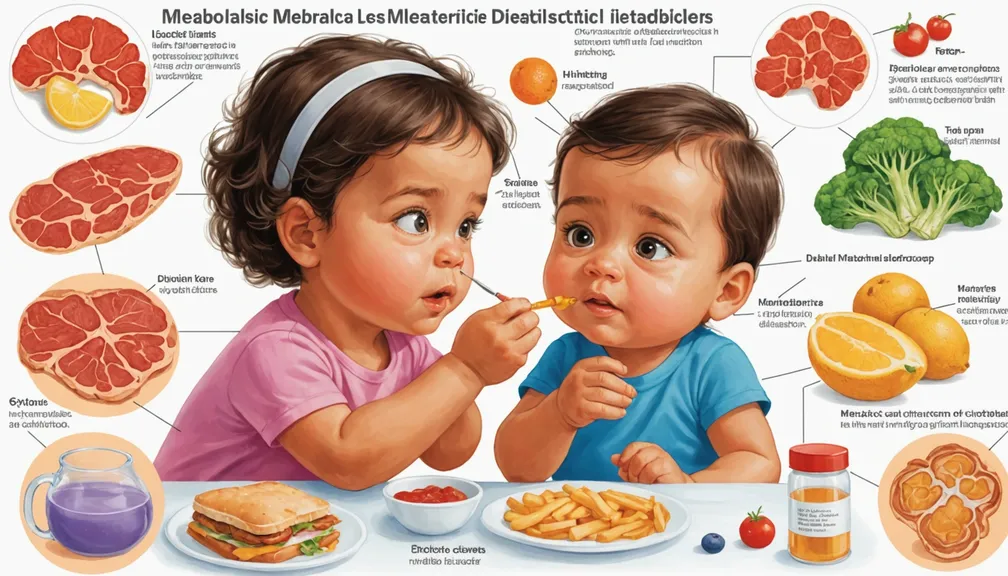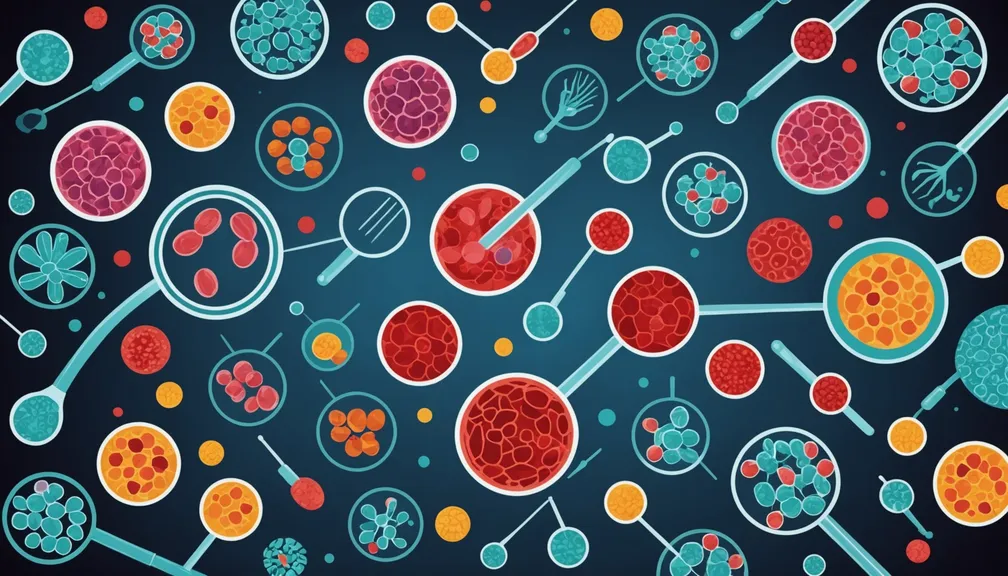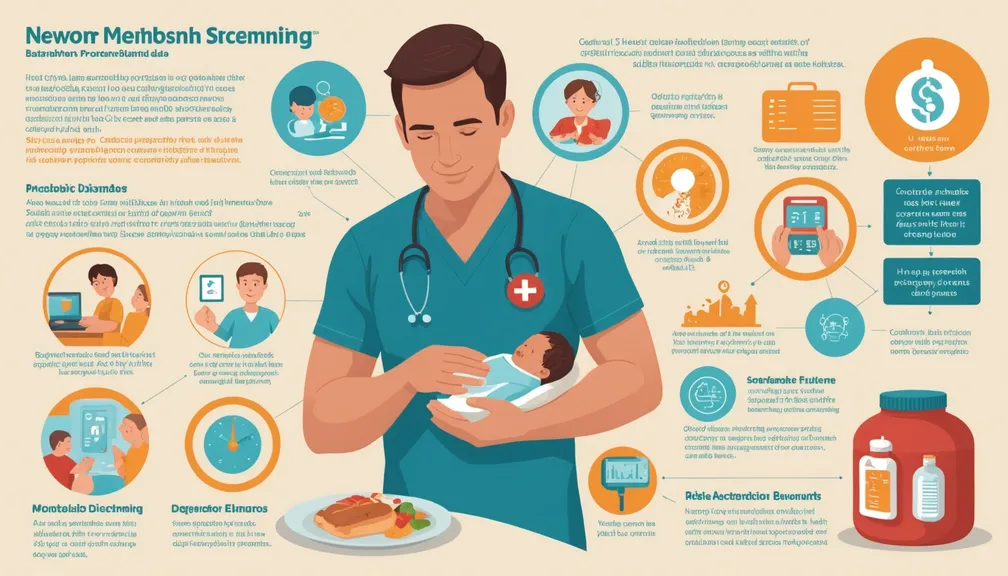The Importance of Newborn Screening Programs
Understanding newborn screening programs is crucial for early detection and management of metabolic rare disorders. This lesson provides comprehensive information to help patients and their loved ones navigate the importance and benefits of these programs.
What Are Newborn Screening Programs?
Newborn screening programs are public health initiatives designed to identify specific health conditions in newborns shortly after birth. These programs aim to detect metabolic rare disorders early, even before symptoms appear, allowing for timely intervention and treatment.
Key Points:
- Purpose: Early identification of metabolic disorders.
- Process: Typically involves a simple blood test shortly after birth.
- Scope: Varies by region but covers a range of conditions.
Why Are Newborn Screening Programs Important for Metabolic Rare Disorders?
Early detection through newborn screening can significantly improve health outcomes for infants with metabolic rare disorders. These conditions often require immediate management to prevent serious health issues.
Benefits of Early Detection:
- Prevents Complications: Timely treatment can prevent developmental delays and other complications.
- Enhances Quality of Life: Early intervention can lead to better long-term health and development.
- Reduces Healthcare Costs: Preventing severe health issues can decrease the need for expensive treatments later.
How Newborn Screening Works
Newborn screening typically involves the following steps:
- Sample Collection: A few drops of blood are taken from the newborn’s heel.
- Laboratory Testing: The blood sample is analyzed for specific metabolic disorders.
- Result Notification: If a disorder is detected, parents are informed promptly.
- Follow-Up Testing: Confirmatory tests are conducted to verify the screening results.
Common Metabolic Disorders Screened:
- Phenylketonuria (PKU): Affects the body's ability to break down the amino acid phenylalanine.
- Medium-Chain Acyl-CoA Dehydrogenase Deficiency (MCADD): Impacts the body’s ability to convert certain fats into energy.
- Maple Syrup Urine Disease (MSUD): Involves the buildup of certain amino acids leading to neurological damage.
Benefits of Early Detection
Detecting metabolic disorders early through newborn screening offers several advantages:
- Immediate Treatment: Starting treatment early can prevent irreversible damage.
- Informed Decision-Making: Parents can make informed choices about their child’s care.
- Support Services: Access to specialized healthcare professionals and resources.
Follow-Up and Treatment After a Positive Screening
If a newborn screening indicates a potential metabolic disorder, the following steps are taken:
- Confirmatory Testing: Additional tests confirm the diagnosis.
- Referral to Specialists: The child is referred to metabolic disease specialists for comprehensive care.
- Treatment Plan: Customized treatment plans are developed, which may include dietary modifications, medications, and regular monitoring.
- Ongoing Monitoring: Continuous follow-up ensures the effectiveness of the treatment and adjusts as necessary.
Challenges and Considerations
While newborn screening programs are highly beneficial, there are challenges to consider:
- False Positives: Sometimes, screening results may indicate a disorder when there isn't one, causing unnecessary stress.
- Access to Care: Not all regions may have the same level of access to specialized treatment facilities.
- Parental Anxiety: Waiting for screening results can be a stressful time for parents.
How to Access Newborn Screening
Accessing newborn screening is generally straightforward:
- Hospital Protocols: Most hospitals have protocols in place for newborn screening as part of standard care.
- Consent: In some regions, parental consent is required before conducting the screening.
- Follow-Up Services: Ensure that there are follow-up services available if a screening result is positive.
Support and Resources Available
Families of children with metabolic rare disorders can access various support services:
- Support Groups: Connecting with other families facing similar challenges.
- Educational Resources: Information about managing the disorder and optimizing the child’s health.
- Counseling Services: Emotional and psychological support for families.
Types of Doctors and Health Professionals Involved
Managing metabolic rare disorders requires a multidisciplinary team of healthcare professionals:
- Metabolic Specialists: Doctors who specialize in metabolic disorders.
- Geneticists: Professionals who understand the genetic aspects of the disorder.
- Dietitians: Experts who provide dietary plans tailored to the child's needs.
- Pediatricians: Primary care doctors who oversee the child’s overall health.
- Nurses and Therapists: Provide ongoing care and support services.
By understanding the importance of newborn screening programs, families can take proactive steps to ensure the health and well-being of their children. Early detection and intervention are key to managing metabolic rare disorders effectively.






